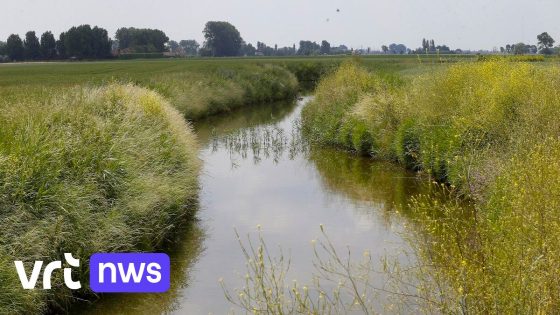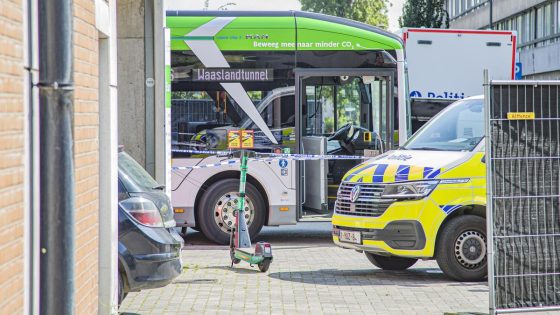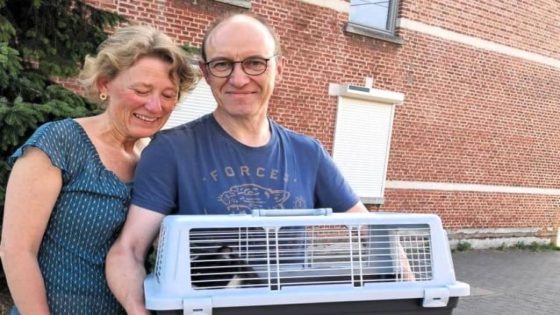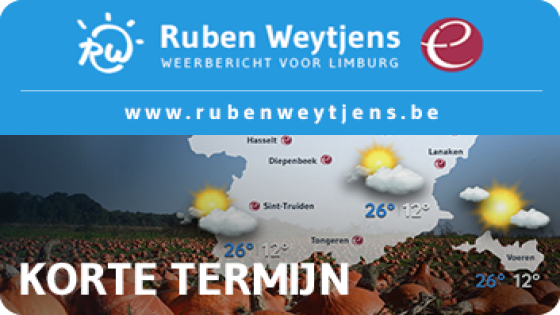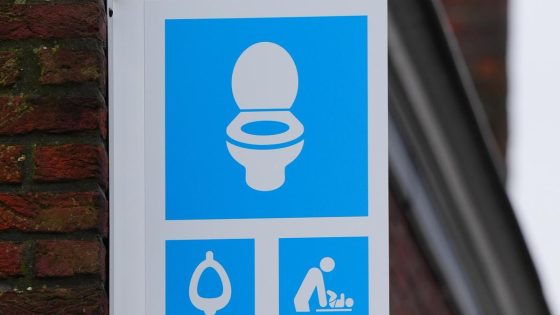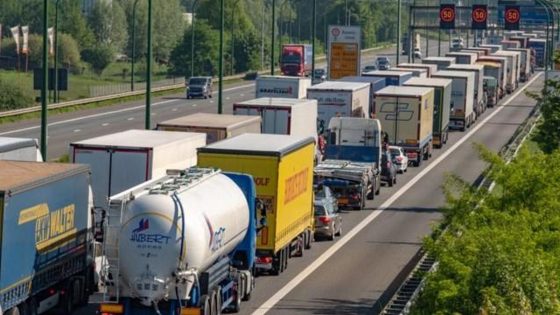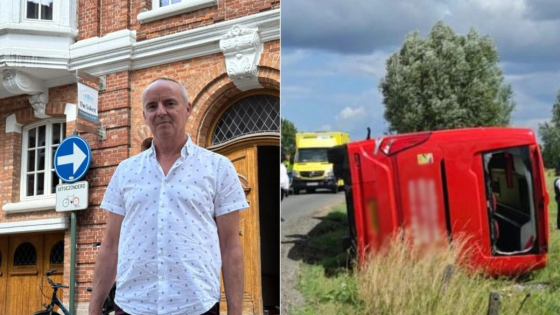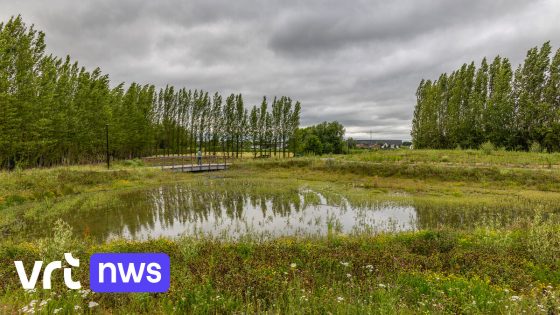The new Blue Deal announced by the cabinet of Minister Jo Brouns (CD&V) aims to strengthen Flanders against the growing threats of intense rain and prolonged droughts. This initiative focuses on improving water quality and resilience through local cooperation, a crucial step for Belgium’s climate adaptation strategy. As of 2025-07-15 15:18:00, the plan is set to mobilize significant resources to tackle these pressing environmental challenges.
- Kabinet Omgeving lanceert nieuwe Blue Deal
- Blue Deal versterkt Vlaanderen tegen klimaatproblemen
- Focus op lokale samenwerking en gebiedscoalities
- 330 miljoen euro budget voor waterprojecten
- Critici noemen budget onvoldoende voor klimaatuitdagingen
- Verbetering van waterkwaliteit als prioriteit
With a budget of 330 million euros, the Blue Deal emphasises ‘gebiedscoalities’ (area coalitions) and ‘local sponsorship goals’ to foster community involvement. But is this funding sufficient to meet the scale of climate change impacts? Critics argue that while the approach is promising, the allocated amount may fall short of what is truly needed.
How will local partnerships shape the future of water management in Flanders? And can this strategy balance immediate needs with long-term sustainability? These questions highlight the importance of the Blue Deal’s implementation and its potential to serve as a model for other regions.
The Blue Deal raises key considerations about Belgium’s climate readiness. Is local collaboration enough to address systemic water challenges? The focus on community coalitions suggests a shift toward decentralised solutions, but the relatively modest budget invites scrutiny.
- Emphasis on local ‘gebiedscoalities’ to tailor responses to specific areas
- 330 million euros allocated, seen as a starting point rather than a complete solution
- Critics warn the funding may not fully cover long-term climate adaptation needs
- Improving water quality and managing extreme weather remain top priorities
Looking ahead, continuous evaluation and increased investment will be essential for the Blue Deal’s success. Belgian communities and policymakers must collaborate closely to ensure these measures evolve with emerging climate realities and safeguard the region’s water future.



